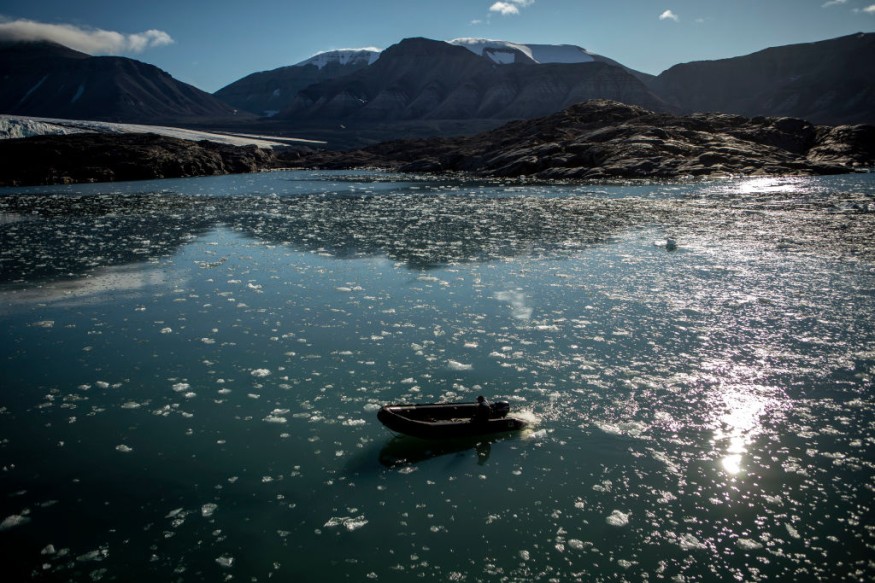
Greenland's seafood exports could be in grave danger after a recent study discovered the high presence of mercury in one of its major ice sheets.
With the country being a major source for the global fishing industry, scientists are racing against time to understand the implications and how these high concentrations are interacting with the wider environment.
Mercury in glacial meltwaters not well understood
The study focused primarily on two fords and three rivers that received water from the Greenland Ice Sheet. Initially, they expected mercury levels to be just within safe, minimal parameters.
Instead, their tests reveal concentrations that were at least ten times that amount.
But as alarming as the findings were, the research team is not 100% certain about how much of this mercury has made its way to marine life as well as local fish catches. Other studies have also shown that, even as glaciers are melting, plant life has also begun to thrive and absorb mercury content.
Another major concern is that much of the mercury found in the Greenland Ice Sheet was determined to have come naturally from the Earth and not the result of any man-made activity. This, in turn, could challenge current understanding of global mercury pollution and where it could be coming from. And unlike the mercury that has originated from mining and other forms of industrial pollution, glacial mercury and other naturally-occurring forms of the substance could be more difficult to predict and manage.
The purpose of glacial meltwaters
It is very likely that glaciers bearing a high concentration of mercury could only indicate that global warming is an even bigger threat. Yet the question remains: How could such high amounts be present yet the impact on surrounding aquatic ecosystems have not been observed? Contrary to popular opinion, mercury poisoning is not something instantaneous and can be far more complex.
The researchers who made the discovery will still be looking deeper into this. As simple as it may be to think that it is just another reason to take harder climate action, it somewhat ignores the role that glaciers have played when it comes to providing water and nutrition to downstream ecosystems.
Here is a quick review:
#1. Meltwater provides necessary hydration.
Believe it or not, one can die of dehydration even in snowy, ice-cold climates like in Greenland. The only reason why that is less likely is that glaciers provide ample amounts of hydration via meltwater. And this is not just something that benefits humans. Many rivers in Greenland and other northern parts of the world have rivers form in warmer areas further downstream. Naturally, these rivers create entire woodland ecosystems around them.
2. Meltwater transports nutrients from the rock.
Manganese, zinc and iron are vital nutrients for all sorts of animal and plant life. However, a lot of these originally come from deep beneath the earth. Meltwater has been one of the primary means by which these nutrients are carried down from glaciers to rivers and forests.
3. Meltwater temperatures keep fish fresh.
On a lighter note, the cold temperatures of meltwater also play their own small part in the freshness and quality of fish caught in the area. That makes it easier on the part of both commercial and casual fishermen when preserving their catch.
In any case, it remains to be seen to what extent that glacial mercury could alter any of these benefits and cycles. Hopefully, any further answers can contribute in the fight against man-made climate change.
© 2026 NatureWorldNews.com All rights reserved. Do not reproduce without permission.





